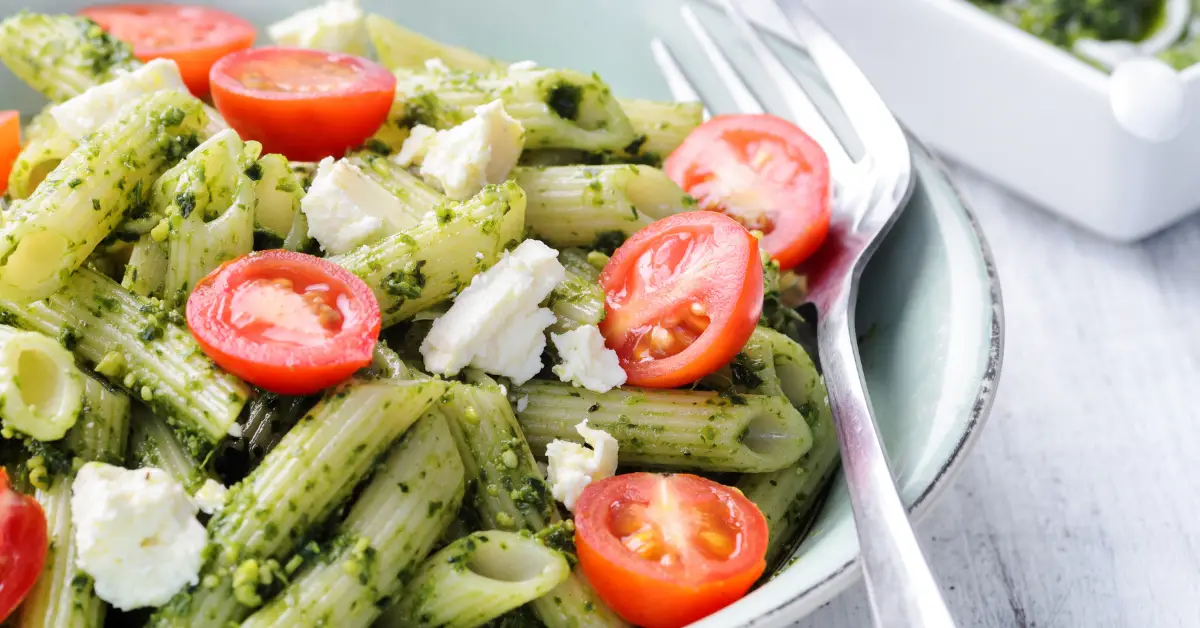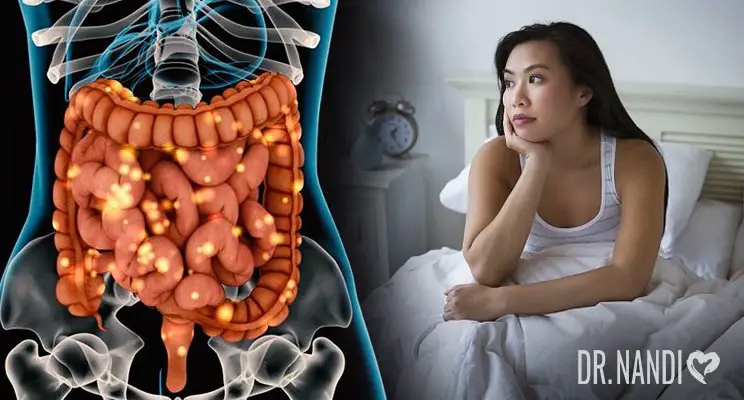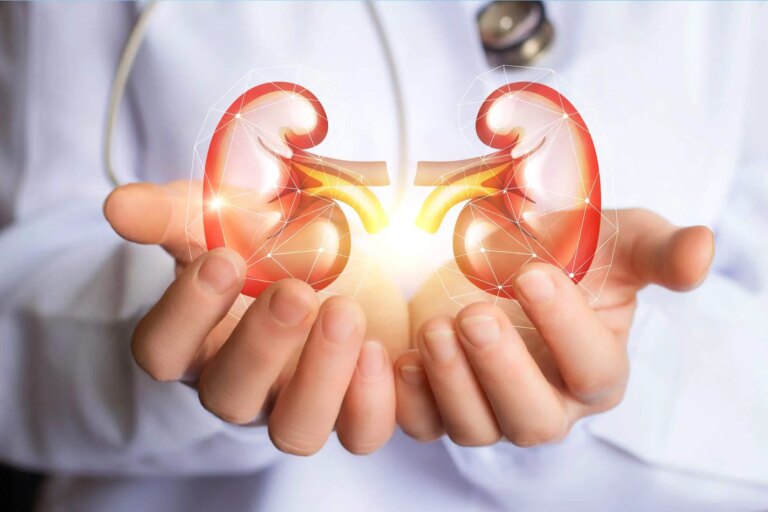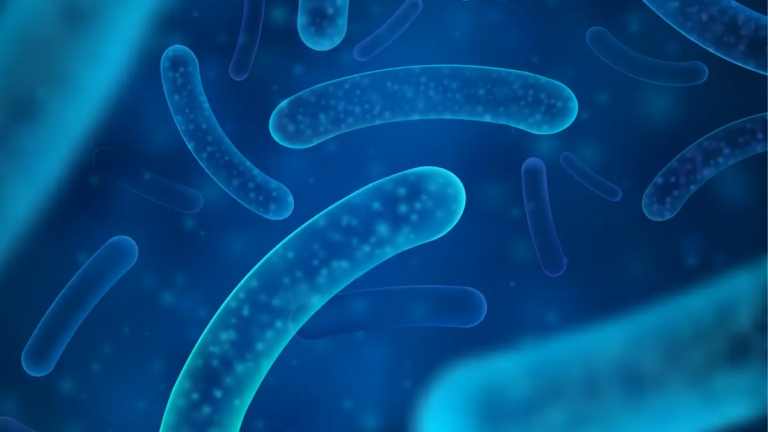Carbs are important for gut health. In fact, most foods containing carbohydrates contain fiber which helps signal our bodies that we need to have a bowel movement and pass food through our intestines. When your body does not receive the correct nutritional cues from your diet, it can lead to diseases like diabetes, obesity, and heart disease.
When it comes to gut health, many dietitians recommend a number of things. One is increasing healthy and quality carbohydrates in the diet. Carbs are healthy for the digestive system and are needed for proper digestion. But how do you know what is good for digestion and what types of food to choose?
Understanding Your Gut Health
There are approximately 100 trillion microorganisms in the human gastrointestinal (GI) tract, which is 10 times the number of cells in the body.
While bacteria are the most common microbes in the gut, yeasts, single-cell eukaryotes, viruses, and small parasitic worms are also present.
The number, type, and function of microbes vary along the GI tract, but the majority are found in the large bowel, where they contribute to the fermentation of undigested food components, particularly carbohydrates/fiber. [1]
There is mounting evidence that imbalances in gut microbial populations are linked to different diseases, including inflammatory bowel disease (IBD), and may even be contributing factors to certain health conditions.
As a result, there is significant research being done on the role of microbiota in health maintenance.
Understanding your gut microbial population profile, as well as how this contributes to the development of your immune system, may help prevent undesirable microbial profiles from forming in your gut and their consequences.
Dr. Nandi’s Gut Health Quiz will help you learn about this microbial world that lives inside you. This quiz also gives an overview of the importance of gut health.

The Relationship of Carbohydrates, Prebiotics, and Probiotics
Before delving into healthy carbs, it’s important to first define some terms relevant to your gut health:
Carbohydrates are one of the three primary macronutrients, the others being fat and protein. Carbs are often divided into two categories: simple sugars and complex carbohydrates.
Most nutritious foods contain a combination of simple sugars (sugars that can be broken down quickly) and complex carbs (larger molecules that typically contain fiber and take longer to digest). Foods containing carbohydrates are broken down into glucose in our digestive tract to provide us with quick and long-lasting energy.
Meanwhile, complex carbohydrates the body can’t digest end up as prebiotics, which become healthy food for the gut microbiome. They feed probiotics, which are friendly live bacteria in the digestive system.
The relationship between prebiotics and probiotics goes both ways. As prebiotics feed live bacteria, probiotics help boost carbohydrate metabolism. Both prebiotics and probiotics have been shown to increase the numbers of selected bacteria at species and genus levels, typically Bifidobacterium and Lactobacillus. [1, 2]
All prebiotic foods contain fiber, but not all fibers are prebiotics. There are specific foods with just the right kind of fiber that makes it a prebiotic. Taking probiotics and prebiotics — either through supplements or specific foods — may be necessary to give yourself a happy tummy.
Dietitian-Approved Foods With Healthy Carbohydrates
Here are several foods with good carbs that can help improve your gut health.
Bananas
Fruits are a great healthy snack, especially bananas. A large banana (136g) contains about 31g of carbohydrates, with 3.54g of dietary fiber.
These tropical favorites contain a lot of potassium, which helps flush out bloat and excess salt from the body. They are also full of magnesium and have a high prebiotic content, which helps feed good bacteria in the gut and keeps the GI tract healthy and constipation free. [3]
Apples
The most common varieties of apples like Fuji and Honeycrisp pack approximately 14-16g per 100g.
Apples contain a complex carbohydrate called pectin, a type of gel-like starch commonly used in the production of jams and jellies. This starch has antitumor and antioxidant properties. It may also improve the skin cells of the gut lining, reducing the ability of bacterial diseases and increasing the diversity of microorganisms in the gut. [4, 5, 6]
Mushrooms
Mushrooms have beta-glucan, a type of fiber that supports the immune system. Beta-glucan fiber is a type of polysaccharide (complex carbohydrate) that feeds probiotic bacteria in the gut, most notably lactobacillus and bifidobacteria. [7]
Whole Grains
Several studies have demonstrated that consuming whole-grain breakfast cereals, barley, and brown rice contributes to an abundance of bifidobacteria and lactobacilli as well as other specific types of good bacteria. An increase in these microbes has been associated with boosting the immune system and moderating gut inflammation.
Whole grains like millet, sorghum, bulgur, or quinoa are also a great way to add variety to your diet, boost fiber intake, and maintain microbial balance in your gut. [8]
Best Gut Health Advice to Prevent Diseases
The Western diet is associated with high rates of chronic diseases such as cardiovascular disease, poor gut health, and type II diabetes — all of which carry a significant socioeconomic burden.
Many people consume excessively refined, omnivorous diets of poor nutritional quality. These diets are high in energy and low in fruits, vegetables, and other plant-based foods, as well as high in animal protein, total and saturated fats, and simple sugars. [1, 9]
Remember: It’s never too early to live well and start cleansing, detoxifying, and healing your gut.
If you are serious about improving your gut health, the first step is to take Dr. Nandi’s Gut Health Quiz and discover 10 scientifically supported ways to improve your gut microbiome.
Next, visit the Health Hero Pharmacy to find gut health supplements like Digestive Enzymes and Fiber Complete.

Your job is to trust yourself to follow a new eating plan, trust scientific research, and take action when your “gut” tells you to.
This will keep your blood sugar levels healthy, prevent conditions such as leaky gut syndrome, and may even eliminate diseases such as psoriasis and other mysterious symptoms such as swollen joints, sleep disturbances, fatigue, and food intolerance.
Now, you know that years of eating refined foods, low-fiber foods, and fast food can cause an imbalance in the gut and digestive system.
So start counteracting this imbalance today so that your body doesn’t limit its ability to fully absorb the vital nutrients needed for optimal health.

Sources:
- The Impact of Diet and Lifestyle on Gut Microbiota and Human Health – PMC
- The Impact of a Consortium of Fermented Milk Strains on the Gut Microbiome of Gnotobiotic Mice and Monozygotic Twins | Science Translational Medicine
- Bananas, raw – FoodData Central
- Honeycrisp apples – FoodData Central
- Apple nutrition – FoodData Central
- What Are Prebiotics and What Do They Do? – Cleveland Clinic
- Mini-review on edible mushrooms as source of dietary fiber: Preparation and health benefits – ScienceDirect
- Gut Check: Whole Grains and the Microbiome – Food Insight
- Dietary Carbohydrates and Lipids in the Pathogenesis of Leaky Gut Syndrome: An Overview



















